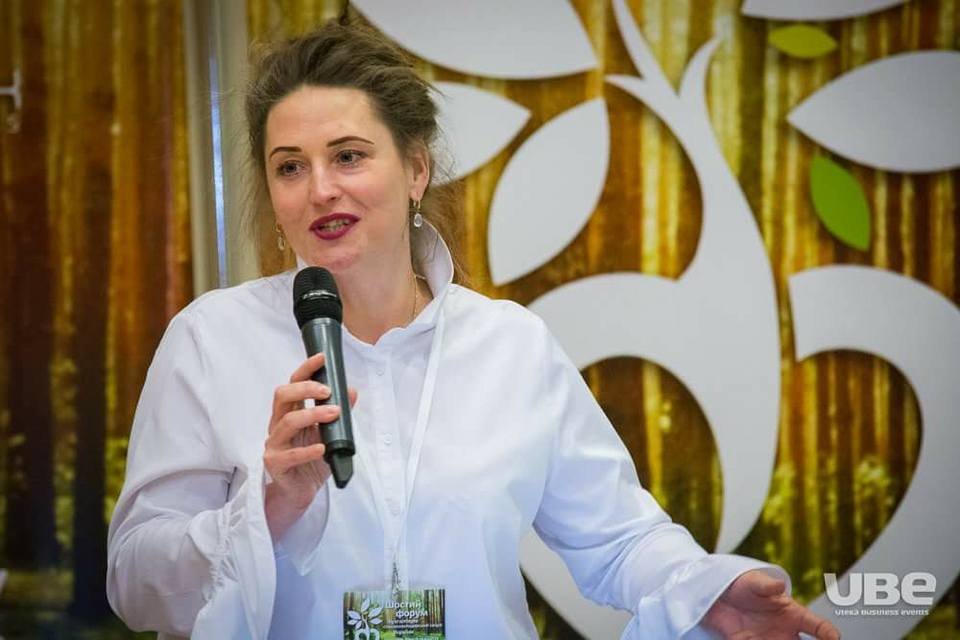
During the week, the hotline of the UAC legal advisory service received many questions from agricultural producers regarding tax inspections of licenses for the right to store fuel. Therefore, experts from the UAC and the audit company Crow organized a consultation webinar. More than 250 representatives of agricultural enterprises joined the online discussion today.
The legitimacy of tax inspections, details of fuel storage licenses, answers to more than 70 questions from farmers, examples of positive case law when farmers won lawsuits from the tax authorities - all these questions have been discussed today.
"Farmers were interested if tax inspections during the quarantine are legal, because the moratorium is still in force. I emphasize, it all depends on the type of inspection. Scheduled inspections - are prohibited, but inspections of fuel storage licenses - belong to the actual inspections and they are allowed. Therefore, it will not work to refer to the moratorium and stop the tax service. However, it is important to remember that the tax authorities are not obliged to warn of the inspections. That's why agricultural producers should always be ready,” the Chairman of Crow's Tax Department Vitalii Smerdov said.
The UAC Deputy Chairman on Tax Issues Olha Bohdanova spoke about the details of tax audits and focused on the work performed by the UAC on this issue.
"The problem with the licensing of fuel for farmers lies in two areas: the actual inspections and requests of the State Tax Service. It will be very difficult to protect those companies that have not received a license at all. As usual, the tax authorities come if the agricultural enterprise has received a license at one address, and the fuel supplier has indicated delivery to another one. But, we will look for the way out. If you only receive a request from the State Tax Service, then you are not a high-risk counterparty. The tax office just tries to clarify some information,” Olha Bohdanova said.
The expert mentioned that the tax authorities come with an inspection, because they know for sure that the company is a risky taxpayer and has violations.
"Statistics on fuel consumption rates are compiled by agricultural enterprises, as the accountant reports monthly how much fuel is used. In addition, the tax service has information about the land bank of a particular enterprise. It is not difficult to calculate how much fuel per hectare a company spends. In fact, agribusiness holding companies spend 50-60 liters of diesel per hectare. However, the tax service in its databases takes into account that the normal range is 80-120 liters per hectare. Therefore, the enterprises which expenses are within the limits of the above-stated norms, do not receive inquiries of the STS. Of course, the tax authorities have questions for farms that indicate that they use 500-600 liters per hectare. Of course, such fuel costs do not always mean that the company optimizes VAT or scrolls through schemes. This can be an enterprise that has a transport department, supplies goods to the port, or has a dryer that requires a lot of fuel. But in order for the tax authorities to understand where you have such norms from, provide it with detailed information about your company,” the UAC Deputy Chairman said.
Olga Bogdanova mentioned that on Monday, March 1, under the leadership of the Ministry for Development of Economy, Trade and Agriculture of Ukraine and the Ministry of Finance, an agro-tax meeting will be held on the situation with fuel licensing.
"We understand that for a small enterprise, fines of UAH 500,000 are an unaffordable. The UAC has prepared and has already sent to the relevant ministers constructive proposals to solve the problems with licenses for the right to store fuel for their own needs. We will keep it under control and resolve this issue," Olha Bohdanova summed up and called on farmers to pay attention to fuel accounting. After all, this is extremely important both in the context of fuel licensing and administration, and in the context of VAT optimization.
Friday, 26 February 2021